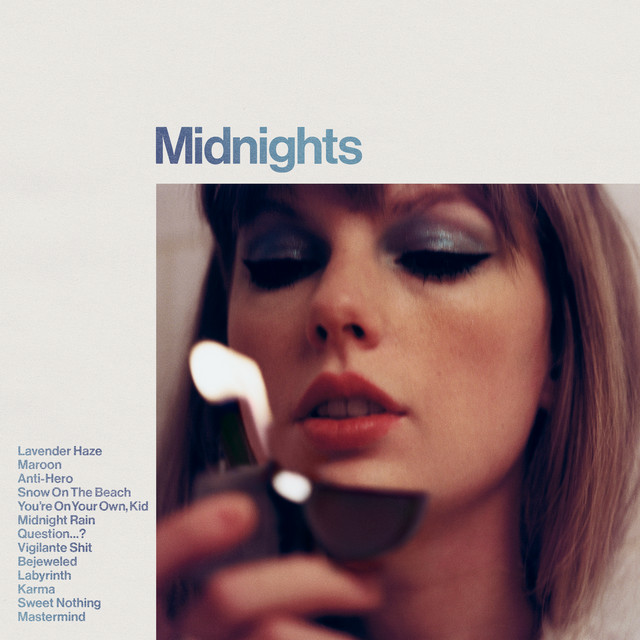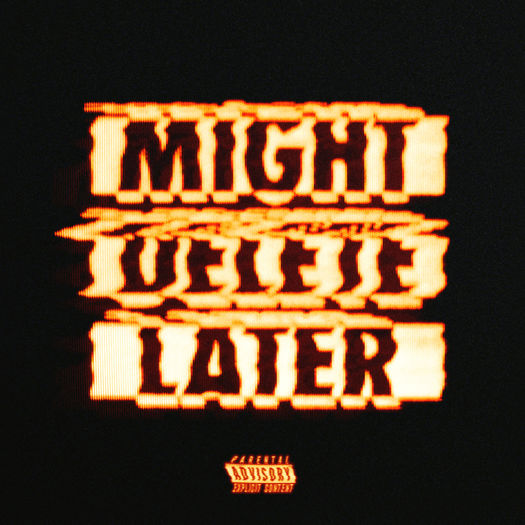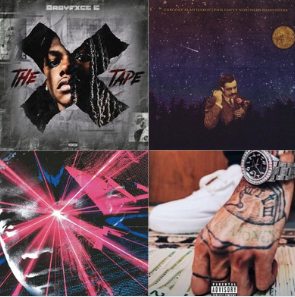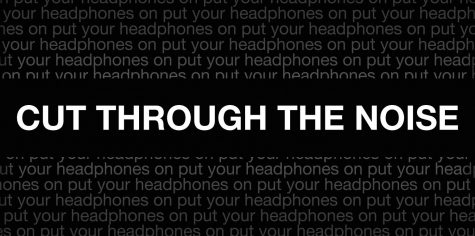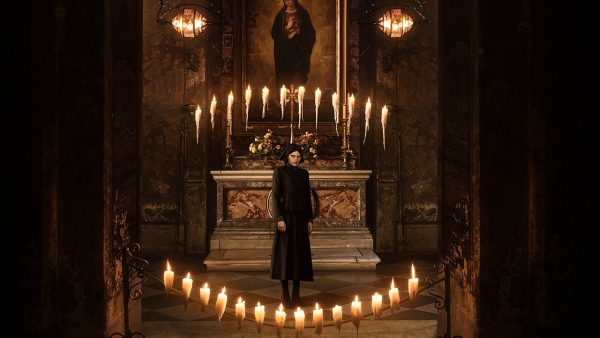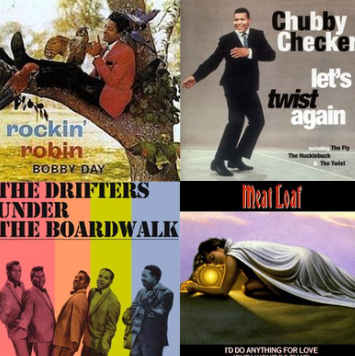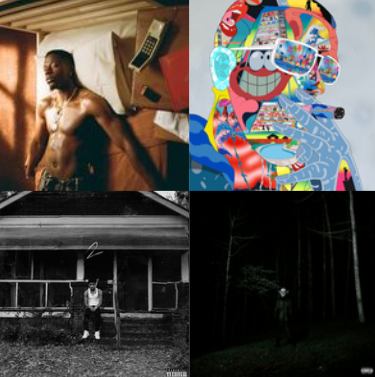Meet me at midnight
Taylor Swift’s “Midnights” breaks records
November 9, 2022
Highlights: “Lavender Haze,” “Question…?,” “Mastermind”
After months of anticipation, the world has finally been graced with Taylor Swift’s 10th studio album, “Midnights.” Swift has taken a break from re-releasing her past albums — as she has done with “Red (Taylor’s Version)” and “Fearless (Taylor’s Version)” — to bring us a collection of 13 completely new songs, plus an additional seven on the deluxe “3am Edition.” All of the original 13 track titles were revealed gradually on Swift’s TikTok account through a segment she called “Midnight’s Mayhem with Me.” In each video, Swift sat beside a vintage bingo cage, pulling a numbered ball and announcing the track title corresponding to the number.
Once “Midnights” was released midnight Oct. 21, it broke multiple records. On Spotify, the album became the most streamed in a single day. Swift also broke the record for most streamed artist in a single day in Spotify history. The week of the “Midnights” release was the biggest universal streaming week ever for an album by a female artist. The album broke various other Billboard, Apple Music and vinyl sale records, including being the first album ever to hold all 10 spots in the Billboard Hot 100 at once. Within the first few days of the release, “Midnights” became a global sensation.
The songs on “Midnights” are supposed to be reminiscent of 13 sleepless nights across Taylor Swift’s life. I got the impression that the songs were written during different eras of her life. Songs like “Lavender Haze,” “Karma” and “Sweet Nothing” remind me of Swift’s 2019 album “Lover,” whereas songs such as “Vigilante Shit,” “Midnight Rain” and “Maroon” are reminiscent of her 2017 release “Reputation.” Additionally, “Bejeweled” and “Would’ve, Could’ve, Should’ve” have the energy and youth evocative of Swift’s 2012 album “Red.” Each track on “Midnights” seems to pull inspiration from a different one of Swift’s nine previous albums.
Judging by its influences, “Midnights” is primarily a pop album. Swift has changed her sound quite a bit over the years, with her shift from country in her first three albums to pop in her next five and alternative folk with “folklore” and “evermore.” Due to the varying genres Swift utilizes, I was not expecting a shift back to her pop sound.
The lyrical work brings out a new side of Swift’s psyche. The third track, “Anti-Hero,” specifically touches on Swift’s self-sabotage and negative self-perception through the chorus: Swift sings, “It’s me, ‘hi,’ I’m the problem, it’s me.” The following line, “At teatime, everybody agrees,” references the media’s negative portrayal of her and how it reinforces Swift’s self-image issues. “Anti-Hero” interestingly topped the charts, making the introspective number an instant hit.
Although I’m in love with this album, I have one major issue — Swift’s use of auto tune is overwhelming. Present all throughout “Midnights,” but especially prevalent in the song “Midnight Rain,” Swift uses an odd voice distortion effect that gives the song a very cringy feel. The otherwise great song is ruined by warped vocals, which make it sound like Swift is singing from behind a fan. Luckily, only the first two choruses utilize this auto tune — in the third chorus Swift sings normally and it sounds 10 times better. I would be very interested to hear a version of “Midnight Rain” with Swift’s original vocals.
Despite the weird auto tune usage in a few tracks, “Midnights” is a poppy and fun — yet lyrically intricate — album that surpasses my expectations. Fans of Swift’s past pop albums will appreciate this album just as much as “Red,” “1989,” “Reputation” and “Lover.”
“Midnights:” ★★★★★



